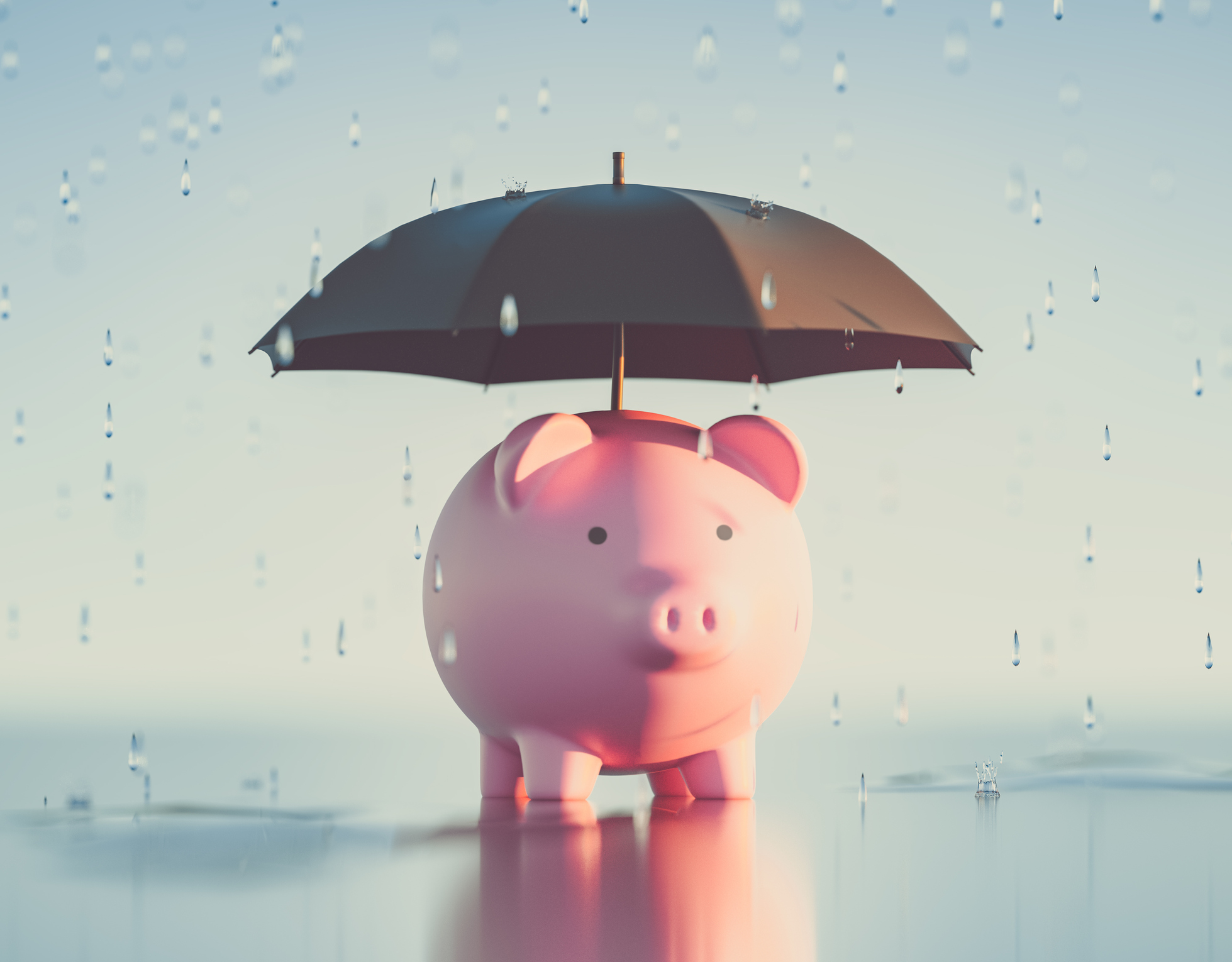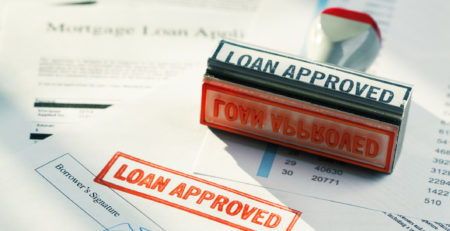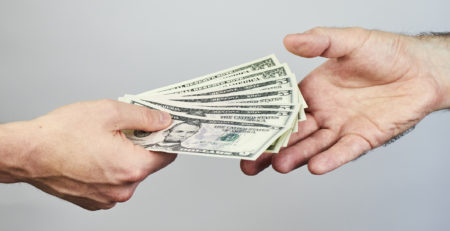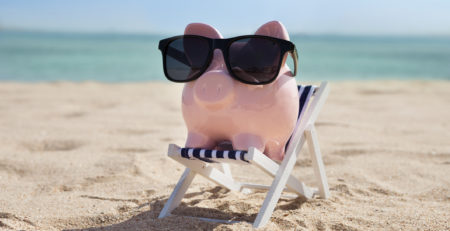Tips for Building a Rainy-Day Fund
In today’s unpredictable financial climate, having a safety net for unexpected expenses is crucial. A rainy-day fund is designed to cover smaller, unforeseen costs like a minor car repair or a sudden medical bill. This guide will provide practical steps to start and grow your rainy-day fund, so you won’t be caught off guard when life throws a curveball.
Difference Between Rainy-Day Fund and Emergency Fund
Rainy-Day Fund
This is essentially a financial cushion designed for small, unexpected expenses. Think of it as a first line of defense against minor financial hiccups. The size of a rainy-day fund is typically smaller than an emergency fund. A general guideline is to save enough to cover small, unforeseen expenses – usually ranging from a few hundred to a couple of thousand dollars. This fund is for those unpredictable moments like a car repair, a modest medical bill, or a sudden home repair.
Emergency Fund
On the other hand, an emergency fund is a more substantial safety net. It’s intended for significant financial emergencies and should ideally cover three to six months’ worth of living expenses. This fund is your buffer against life-changing financial challenges like job loss, serious medical issues, or major home repairs.
Understanding the distinction between these two types of savings is crucial. While a rainy-day fund provides peace of mind for small-scale, unexpected costs, an emergency fund is there to ensure stability during more severe financial crises.
When to Use a Rainy-Day Fund
Knowing when to tap into your rainy-day fund is key to managing it effectively. Here are some common scenarios where using your rainy-day fund is appropriate:
- Home Repairs: Minor home maintenance issues such as fixing a leaky faucet or replacing a broken window that aren’t extensive enough to warrant an insurance claim.
- Car Troubles: Unexpected car-related expenses like replacing a flat tire or repairing a faulty brake system.
- Medical or Dental Expenses: Small, unplanned medical costs not covered by insurance, like a doctor’s visit for a sudden illness or a dental filling.
- Appliance Replacement: The sudden need to replace or repair essential household items like a broken oven or a malfunctioning heater.
- School-Related Costs: Unforeseen school expenses such as a field trip fee or the need to replace lost school supplies.
These are just a few examples of when a rainy-day fund can come in handy. It’s designed to help you cover these costs without having to dip into your emergency savings or resort to high-interest credit options. The key is to replenish the fund once you’ve used it, so you’re prepared for the next rainy day.
How to Start Building Your Rainy-Day Fund
Building a rainy-day fund is an essential step towards financial security. But where do you start?
Setting a Savings Goal
1. Determining Your Savings Target
- Assess Your Needs: Consider the typical unexpected expenses you might encounter. For most, a good target is between $500 and $2,000.
- Evaluate Your Income and Expenses: Review your monthly income and expenses to understand how much you can realistically set aside. Even small contributions can add up over time.
- Set a Timeline: Decide on a realistic timeframe to reach your goal. Whether it’s six months, a year, or more, having a timeline keeps you focused and motivated.
- Adjust as Needed: Remember, your savings goal isn’t set in stone. As your financial situation changes, so too should your goal.
2. Budgeting for Savings
- Track Your Spending: Use a budgeting app or a simple spreadsheet to monitor where your money is going. This insight is crucial for finding areas to cut back.
- Prioritize Savings: Treat your savings contribution like a regular expense. Include it in your budget and commit to it like a bill payment.
- Find Areas to Cut Back: Look for non-essential expenses that you can reduce or eliminate. Dining out less, cutting back on subscriptions, or opting for more affordable entertainment options can free up funds for your rainy-day fund.
- Use Budgeting Tools: Take advantage of budgeting apps and online tools. Many offer features like expense tracking, budget alerts, and savings tips, making it easier to stay on track.
3. Automatic Savings Plans
- Set Up Automatic Transfers: Arrange for a portion of your paycheck to be automatically deposited into a savings account. Even a small, regular transfer can make a big difference over time.
- Match Transfers to Pay Schedule: Align your automatic transfers with your paydays. This makes saving seamless and reduces the temptation to spend what you plan to save.
- Adjust as Your Financial Situation Changes: As you earn more or decrease your expenses, consider increasing your automatic transfer amount. Even a slight increase can significantly boost your savings over time.
3 Important Saving Strategies
Building your rainy-day fund isn’t just about setting money aside; it’s also about smart financial management and finding creative ways to boost your savings.
1. Cutting Unnecessary Expenses
- Audit Your Subscriptions: Regularly review your subscription services. Cancel those you no longer use or need.
- Reduce Dining Out: Cooking at home is generally cheaper than eating out. Aim to reduce the frequency of restaurant visits and takeout orders.
- Shop Smart: Look for sales, use coupons, and consider buying generic brands over name brands.
- Cut Down on Luxuries: Temporarily reduce luxury expenses like high-end cosmetics, expensive hobbies, or premium cable packages.
- Energy Efficiency: Save on utility bills by using energy-efficient appliances and being mindful of your energy consumption.
2. Incremental Savings Approach
- Start with What You Can: Even if it’s just a small amount, start saving something. Consistency is more important than the amount.
- Increase Savings Gradually: As you adjust to your budget, try to increase the amount you save incrementally. Even a few dollars extra each month can make a difference.
- Use Financial Windfalls Wisely: If you receive unexpected money, like a tax refund or a bonus, consider putting a portion of it into your rainy-day fund.
- Celebrate Small Milestones: Keep motivated by celebrating when you reach mini-goals, like the first $100 saved.
3. Making Extra Money for Your Fund
- Take on a Side Hustle: Consider freelance work, a part-time job, or selling items you no longer need. Use your skills or hobbies to earn extra money.
- Work Overtime: If your job offers overtime, take advantage of it to boost your income.
- Rent Out Spare Space: If you have an extra room or parking space, consider renting it out.
- Cashback and Rewards: Use cashback apps and credit card rewards wisely to earn a little extra. Always pay off credit card balances to avoid interest.
- Participate in Paid Surveys or Research Studies: While they won’t make you rich, participating in paid surveys or research studies can provide a small, steady stream of extra income.
By implementing these saving strategies, you can accelerate the growth of your rainy-day fund. Remember, the journey to financial security is a marathon, not a sprint. Every small step you take now can make a significant difference in the long run.
How to Manage Emergencies Without Depleting the Rainy-Day Fund
- Evaluate the Urgency and Necessity: Not every unexpected expense is an emergency. Assess if the expense can wait or if there are alternative, more affordable solutions.
- Explore Payment Plans or Negotiations: If you’re faced with a large bill, contact the service provider to see if you can negotiate a payment plan, rather than paying a lump sum upfront.
- Use Credit Wisely: If you must use credit, have a clear plan for how you’ll pay it back promptly to avoid high interest.
- Replenish Your Fund: If you need to use your rainy-day fund, prioritize replenishing it as soon as possible. Adjust your budget temporarily to funnel more funds back into savings.
- Insurance and Warranties: Ensure you have appropriate insurance coverage for big-ticket items and consider warranties for expensive electronics or appliances to mitigate the cost of replacements or repairs.
By employing these strategies, you can better manage financial temptations and handle unexpected expenses without severely impacting your rainy-day fund. Building and maintaining this fund is not just about saving money; it’s about cultivating financial discipline and resilience.
Embrace Financial Security with Koster’s Cash Loans
A rainy-day fund is an indispensable tool for managing life’s unforeseen expenses, allowing you to avoid dipping into major savings or relying on high-interest credit options. At Koster’s Cash Loans, we’re dedicated to your financial well-being, offering installment loans to strengthen your financial stability. To learn how we can assist you in your financial journey, connect with Koster’s Cash Loans today!











